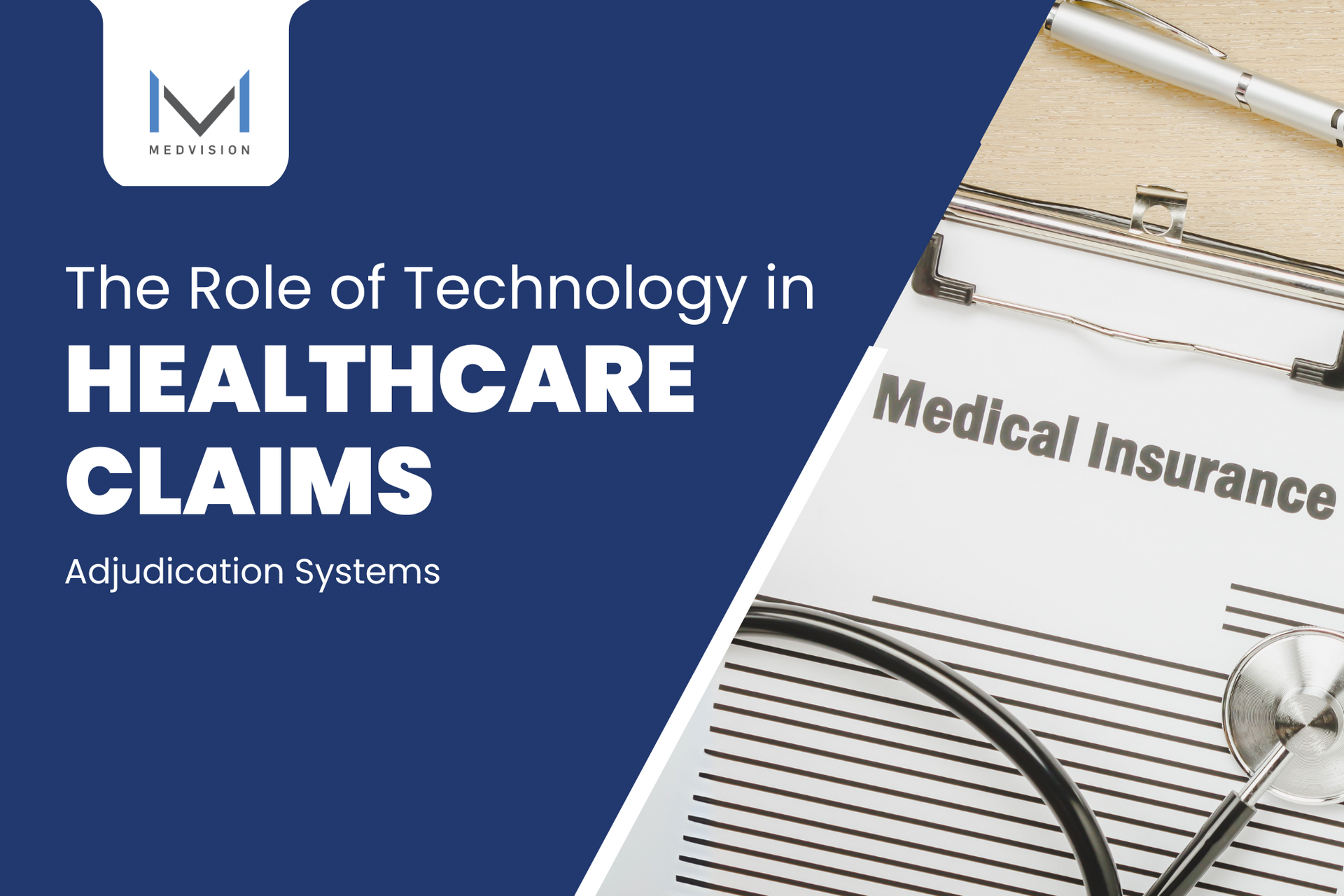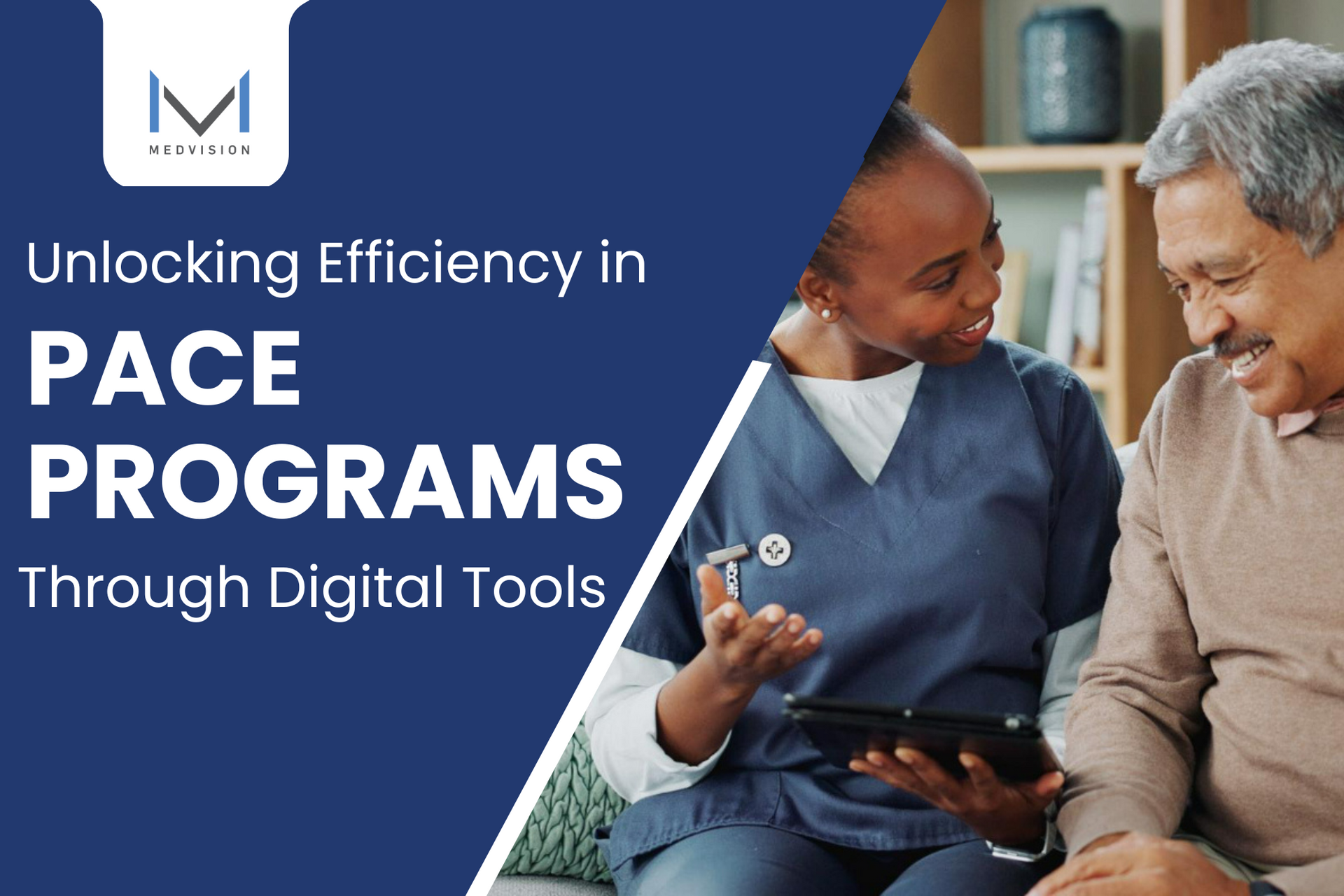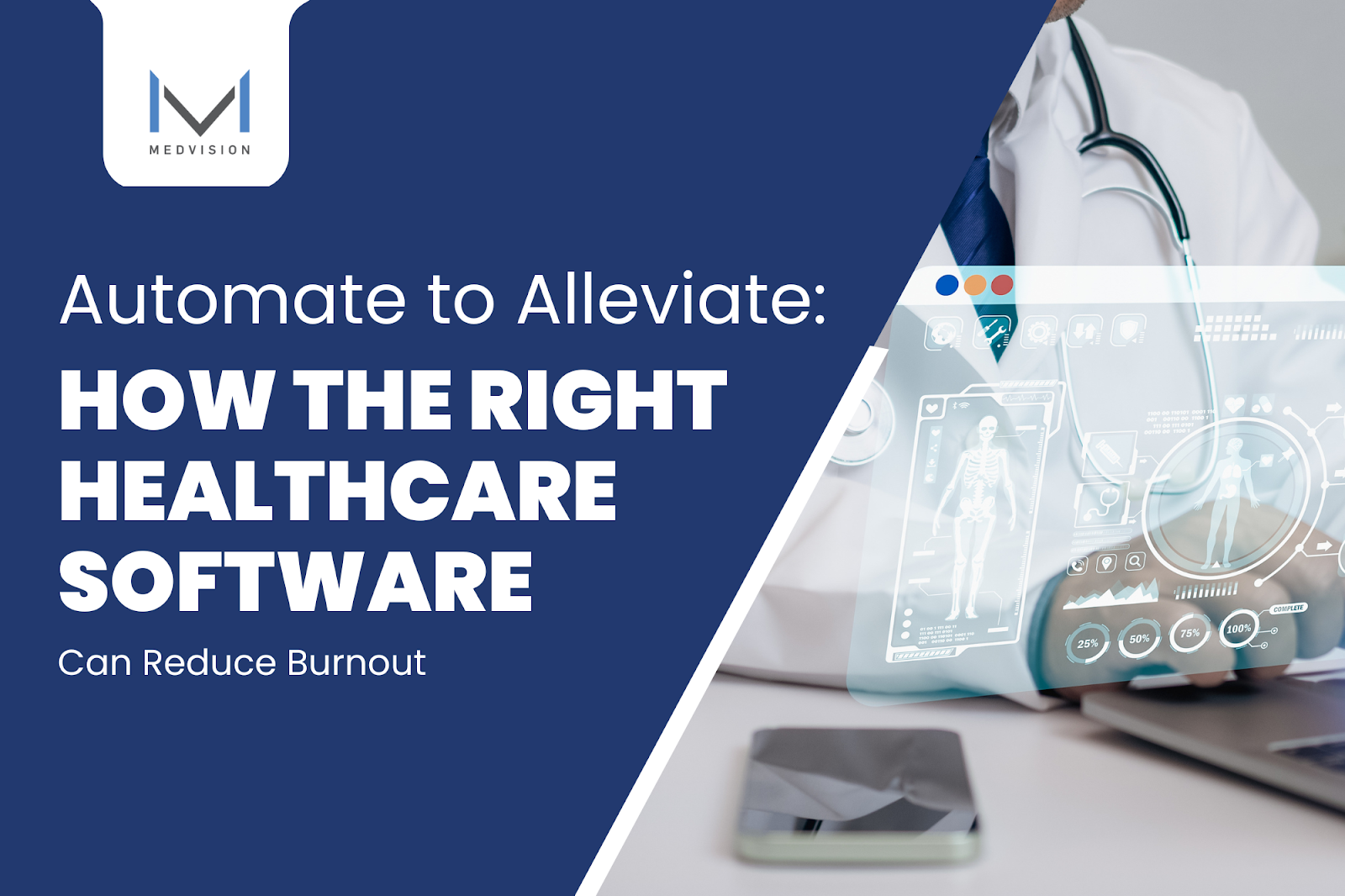AI-Based Adjudication for Clinical Claims and Authorization
The healthcare sector is one of the industries that generate the most data. Tons and tons of sensitive information aggregate just for a single patient. According to the study published by Statista, the amount of global healthcare data is expected to increase dramatically by the year 2020 with a projected 2,314 exabytes of new data from the early estimation of 153 exabytes in 2013. It is hard to keep up with electronic healthcare records (EHR) this big, let alone handle it. Due to this, clinical professionals have adapted and learned a way to navigate through volumes of data, including clinical claims, authorizations, and eligibility just to name a few.
What is SQL and How is it Used in the Healthcare Industry?
In a clinical environment, EHRs are consolidated and housed in a digital repository for analysis purposes. Naturally, this database contains thousands of data. The only way that you can pull the ones you need is through a system called structured query language (SQL). SQL is a programming language that is used to communicate and manipulate databases. SQL programs are implemented in healthcare businesses and organizations as a means to access and manage the information stored in their database.
SQL is an efficient configuration that works to deliberately extract data by writing codes and speaking various SQL dialects. It is how the system filters data down to the last set of criteria and produces the exact report that you’re searching for. The SQL database serves as the foundation for the artificial intelligence (AI) model, allowing the system to encapsulate and store integrated data.
Clinical SQL-Based Rules for Healthcare Authorization and Claims Adjudication
There is quite a lot of information in a healthcare claim and authorization. When setting up the rules for its auto adjudication, different information has to be consolidated and they can be classified into the following general categories:
- Patient Demographics
- Medical History
- Financial History
Medical record number (MRN) or patient identifier is the primary way to link all your records together. By knowing the MRN and other patient information, you can quickly assemble your criteria to create certain SQL queries. The dataset generated from your query can be used as the basis for making adjudication rules in claims and authorizations.
QuickCap’s Built-In SQL Made for Medical Determinations and Inquiries
With QuickCap’s SQL Query Builder platform, you can easily create database queries and filters from the system. The AI-based generated report can be used to decide the right adjudication rules of certain claims and authorizations. This is an efficient way to piece the data together to set up accurate auto adjudication parameters. The system can perform even complex data-gathering operations without you having to memorize codes. The platform has its own list of tag holders that corresponds to a code to retrieve the needed data that you might require for any reports and most especially for the auto adjudication rules.
QuickCap’s tools and functionalities are very extensive. It even has the option to export the results of the queries to other specified formats and view its charts and tables. The SQL query that you build will be linked to an analyzed report where you can make a graph out of to refer and use.
QuickCap provides the support that you might need in handling big healthcare data for authorization and claims adjudication rules.
Explore Related Blogs
Recently published articles
Keep in touch
Subscribe to get the latest update
Trending topics
Share your insights on social media
Upcoming events and company news


















